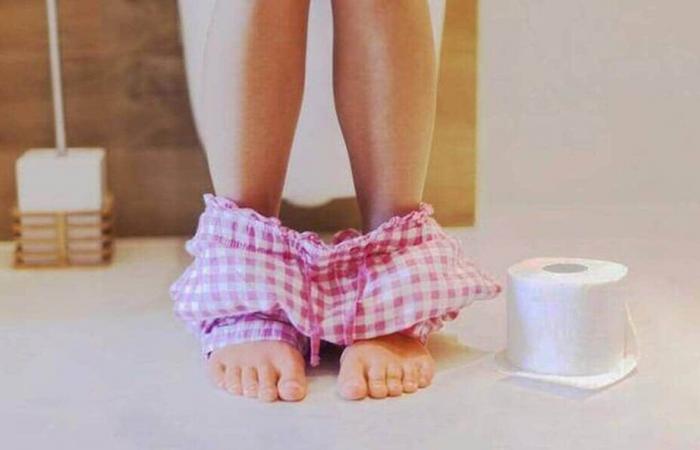
What do the initials WC mean?
- Water chair
- Water-closets
- Well cabinet
What natural element can be effective as a toilet deodorizer?
- Mint leaves
- Oranges studded with cloves
- You sell marine
It's a natural tip, without chemicals. You can even replace the orange with a lemon or grapefruit. And it can last over time.
Are “Squat” toilets really Turkish?
- Oui
- Non
- We don't really know
According to legend, the Turkish toilet is actually a Belgian invention imagined by Bert Vandegeim. To avoid getting his pants dirty, he would have tied them on his head like a turban worn at the time by the Ottomans: from this unusual detail the nickname of Turkish toilets would have been born.
What is the difference between toilets and latrines?
- None
- One is indoors, the other outdoors and is rudimentary
- One is modern terminology, the other dates from the Middle Ages
Which country is often cited as an example for its ultra-modern toilets?
- Japan
- United States
- China
What percentage of the European population takes their smartphone to the corner?
In a 2015 survey by Motorola of nearly 7,000 people from 7 European countries, more than 57% of the population said they took their smartphone to the toilet.
In what year was toilet paper on a roll invented?
Toilet paper as we know it did not appear until 1907. However, it is estimated that toilet paper was invented in the IIe century BC in China. The wealthiest families used hemp, linen or cotton and pounds of tow to wipe themselves.
How much time of our lives do we spend there?
We consider that we pass there on average 2,500 times per year. That’s almost three years of our lives! Women stay there on average for less than three minutes, compared to less than two minutes for men. But again, it depends on who.
The name of Emperor Vespasian is often associated with public urinals in Ancient Rome. For what ?
- Vespasian taxed the urine
- Vespasian created these establishments
- He improved these places of ease
It is often wrongly claimed that Vespasian created public urinals in the first century AD. He limited himself to imposing a tax on urine. At the time, they were very useful to tanners. Titus, son of the emperor, is offended by this type of payment. Vespasian makes him feel a coin from the tax. Does she smell bad? The answer is obviously negative. Hence the famous proverb: “Money has no smell”.
In the Middle Ages, people threw urine and excrement out of the window. What is the cry to warn passers-by?
- Gare pissed off
- Beware of feces
- Save the water
In the Middle Ages, the common practice was “all-in-the-street”. People throw garbage and feces out the window. It is said that Saint-Louis received the contents of a chamber pot one morning, very early, in the streets of Paris. Instead of punishing his author, he rewarded him: he was a very deserving student since he got up at dawn to work!





